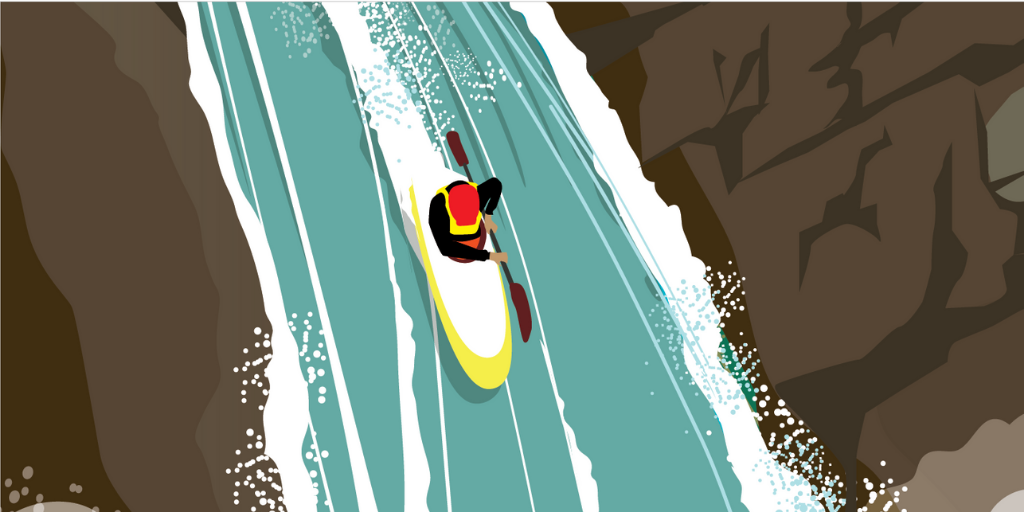The Countryside Code: advice for countryside visitors
Your guide to enjoying parks and waterways, coast...

Welsh rivers and lakes offer a variety of high quality canoeing opportunities for people of all abilities.
Help preserve this resource for the future by making sure that you:
The main Countryside Code gives important advice on how to use the countryside responsibly. Be aware of it before you go out and follow it at all times.
Don’t trespass. There are areas with designated public access, including rights of way, access land and some waters with navigation rights. However, outside of these areas, you should not assume that you have access onto any land or water without the owner’s permission.
Consider the impact of parking your vehicles. Plan a shuttle accordingly; team up with others to avoid creating congestion on country roads, and unpack and change in a considerate way.
Ensure you don’t damage fences and walls, especially if lifting your boats over them.
Be aware that other people may be carrying out activities (such as angling, gorge walking or swimming) in, on or around the water. Where necessary, stop, communicate and adjust your actions accordingly.
Be aware of other vessels in the water – follow local navigation guidelines when passing.
For your own enjoyment and the protection of the environment. Make sure that there is enough water in the river before you commit to paddling it.
Many fish species lay their eggs in gravel in the shallow parts of the river between autumn and spring; they may be very vulnerable at this time and it is an offence to harm them. If possible, try and avoid contact with gravel on the riverbed, at any time of year.
Take care not to damage plants in and around the water. Stick to established paths or bare rock when exploring rapids or carrying equipment as banks can be very sensitive to erosion or be home to vulnerable species.
Ideally, stepping from your vessel in deep water onto bare rock or a robust river bank is the least damaging way of getting out of the water.
Take care not to alarm birds, livestock or other animals as they may be very sensitive to disturbance; if you see animals looking agitated by your presence move away quietly.
Be aware that ground-nesting and hole-nesting birds may be breeding on islands, banks and shingle in the spring and summer; be particularly careful not to disturb them at this time.
Check – Clean - Dry. Introducing invasive species of plants and animals to watercourses may have very serious effects on the habitats found there. You can prevent this by checking, cleaning and drying your clothing and equipment thoroughly before going to a new place. For more information, visit the Non-Native Species Secretariat (NNSS) website. For canoe specific guidance go to the Canoe Wales website.
Check weather and water conditions before you leave home and when you arrive. The water environment can change rapidly due to rain and tide; do not expect it to always be the same.
You are responsible for your own safety. Consider the limits of your group as a whole. Be realistic about what you are attempting, choose appropriate venues and plan accordingly – you should ask yourself:
You should never feel that you are committed to paddle something you do not feel ready for. If you are unsure of your abilities it is essential to seek appropriate training.
Without appropriate equipment, the effects of immersion in cold water and wind chill can be hazardous. Be dressed and able to deal with any weather conditions.
If you lose equipment while paddling, report it to the police on 101 to prevent the initiation of a search.
Bacteria, viruses, and toxic algae may be present in some water. Generally, if the water looks or smells bad, don’t enter. However, if you are entering suspect water:
To report an environmental incident, call us on 0300 065 3000 (24 hours)